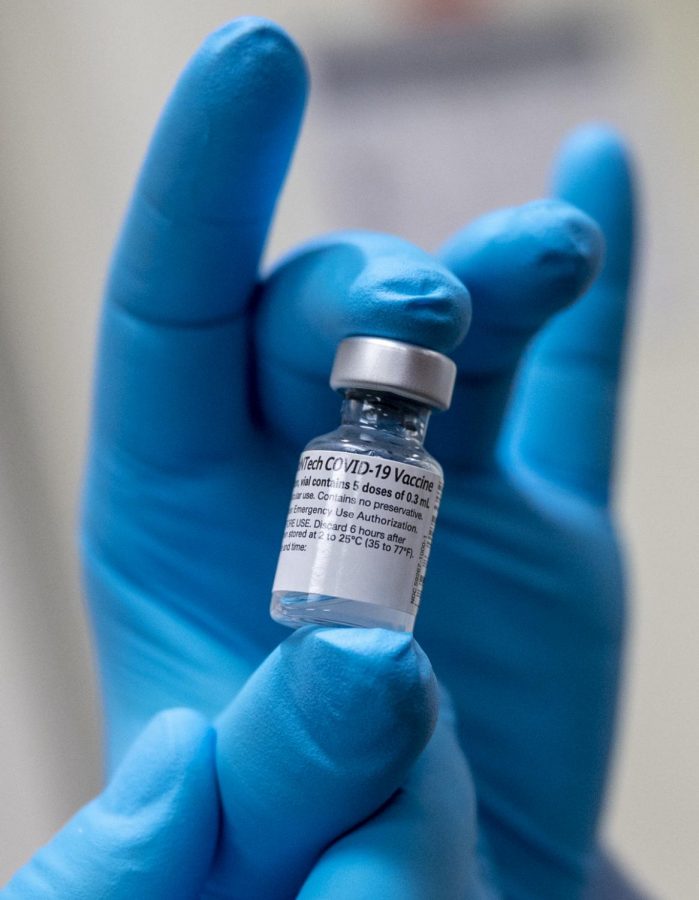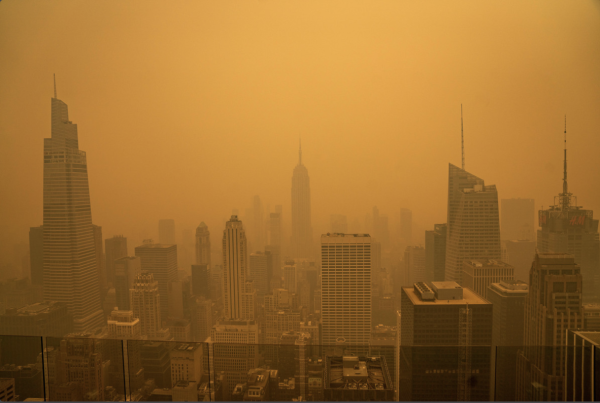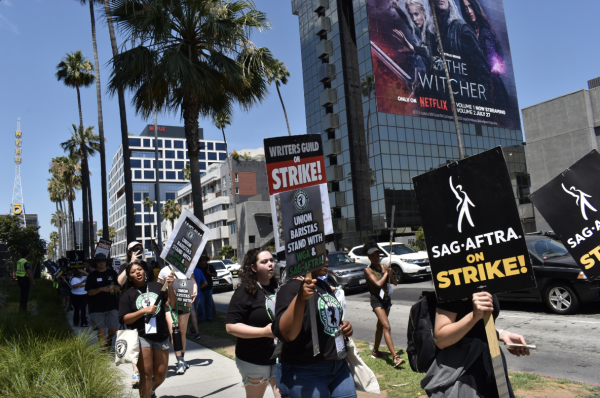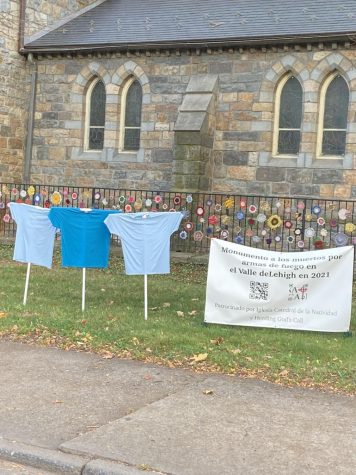Coronavirus Vaccinations Begin Distribution in Lehigh Valley
Distribution of the COVID-19 vaccine has begun in the Lehigh Valley.
COVID-19 feels like the only thing anyone has read or talked about over the last year. The virus has claimed millions of lives worldwide and continues to uproot our lives with each passing day. Finally, scientists have a weapon against it.
Over the last several months, drug administration companies, including Moderna and Pfizer-BioNTech, have worked tirelessly to create a vaccine for COVID-19. Now that two vaccines have been authorized by the CDC and FDA, people are finally beginning to prepare themselves to receive the vaccine.
So, how do the COVID-19 vaccines work? According to the Center for Disease Control (CDC), after a person is infected with the COVID-19 virus, their body contains T-lymphocytes that work if the person is infected with the virus ever again. They detect the antigens, and the B-lymphocytes will then produce antibodies to attack the antigens. Of the vaccines that are being created, the three main types are mRNA, protein subunit, and vector vaccines.
Both Moderna’s and Pfizer-BioNTech’s vaccines are mRNA vaccines in which lipid nanoparticles (LNP) carry mRNA into cells and create an immune response. LNPs are “PEGylated,” which means they contain Polyethylene glycol (PEG) for protection and efficiency. However, Samuel Lai found in a 2016 study that 72% of people have antibodies against PEGs. Both companies know the risk PEGs pose and are searching for possible alternatives, but also view the risk as insignificant.
“It is not the end, but is the beginning of the end,” Dr. Jeffrey Jahre, Senior Vice President of Academic and Medical Affairs at St. Luke’s University Health Network, said. “I understand the reason for apprehension, but I also understand all the consequences of coming down with COVID-19.”
While side effects are not likely to occur, there are several possible for each vaccine. Of those listed, the one that appears to be the most alarming are the anaphylactic reactions that affect approximately one person in every million that receives a dosage. Thomas Clark of the CDC has found that six people within the 272,001 vaccinees as of December 19, 2020, had an allergic reaction.
“Secretary Dr. Rachel Levine and Governor Tom Wolf are confident in the CDC, U.S. Food & Drug Administration and DC Advisory Committee on Immunization Practices review processes and that they will be safe and effective,” Pennsylvania’s Department of Health said in a press release.
Despite the vaccine being new to the market and having unprecedented speed in its creation and distribution, the vaccine itself is guaranteed to be safe. The COVID-19 vaccine does not contain the live virus, which means you will not receive the COVID-19 virus from the vaccine.
“I want people in our community to know that the vaccine is safe, and that if they want it, they should get it,” registered nurse Sonia Iparraguirre said in a St. Luke’s Health Network press release. “It protects their health and the health of our community.”
Within Pennsylvania, the COVID-19 vaccine is planned to be distributed throughout several phases. During Phase 1, healthcare workers, first responders, and long-term care facility residents will be among the first to receive the vaccine. In Phase 2, anyone 16 years or older without contraindication and those who were not previously covered will have the vaccine administered. During Phase 3, anyone who has not received the vaccine will be allowed to get the dosage.
“I believe that nurses, doctors, or retirement workers should be among the first to receive this vaccination. They are more likely to get it in my opinion because they are surrounded by covid patients,” senior Gabi Snider said. “They deserve the opportunity to do their occupation safely if we are able to provide them with that.”
The Lehigh Valley Health Network already has begun administering the Pfizer-BioNTech vaccine as outlined by Phase 1 guidelines to healthcare professionals. As of January 8, first responders within the Lehigh Valley began to receive the vaccination by either the Lehigh Valley Health Network or St. Luke’s University Health Network.
Within Pennsylvania as a whole, 198,000 doses of Moderna’s vaccine and 97,500 doses of the Pfizer-BioNTech vaccine are expected to be distributed by the Department of Health. Pennsylvania currently has received 827,300 doses of the vaccine; only 35% has been administered so far. That only includes 66 out of the 67 counties in Pennsylvania, due to the fact that Philadelphia County has separate federal funding and allotment for the vaccines.
According to the Pennsylvania Secretary of Health, Dr. Rachel Levine, the vaccine will not likely be available to the general public for several months due to the large scale manufacturing that will have to occur. However, it is safe to say that even with the small number of the vaccines that have been distributed so far, the vaccine itself could have a monumental impact on Pennsylvania communities.

Senior Noelle Nelson is a second-year staff reporter for the Spotlight. She also serves as the Entertainment and Features Editor. In her free time, Noelle...












